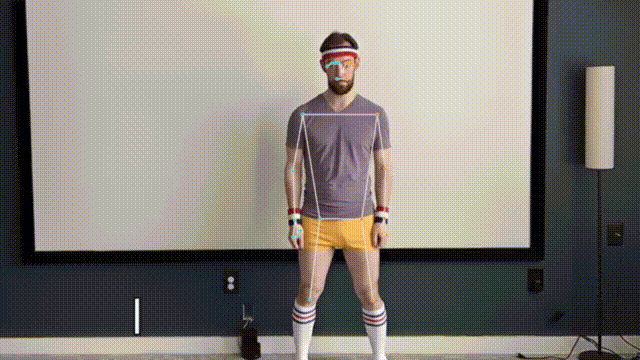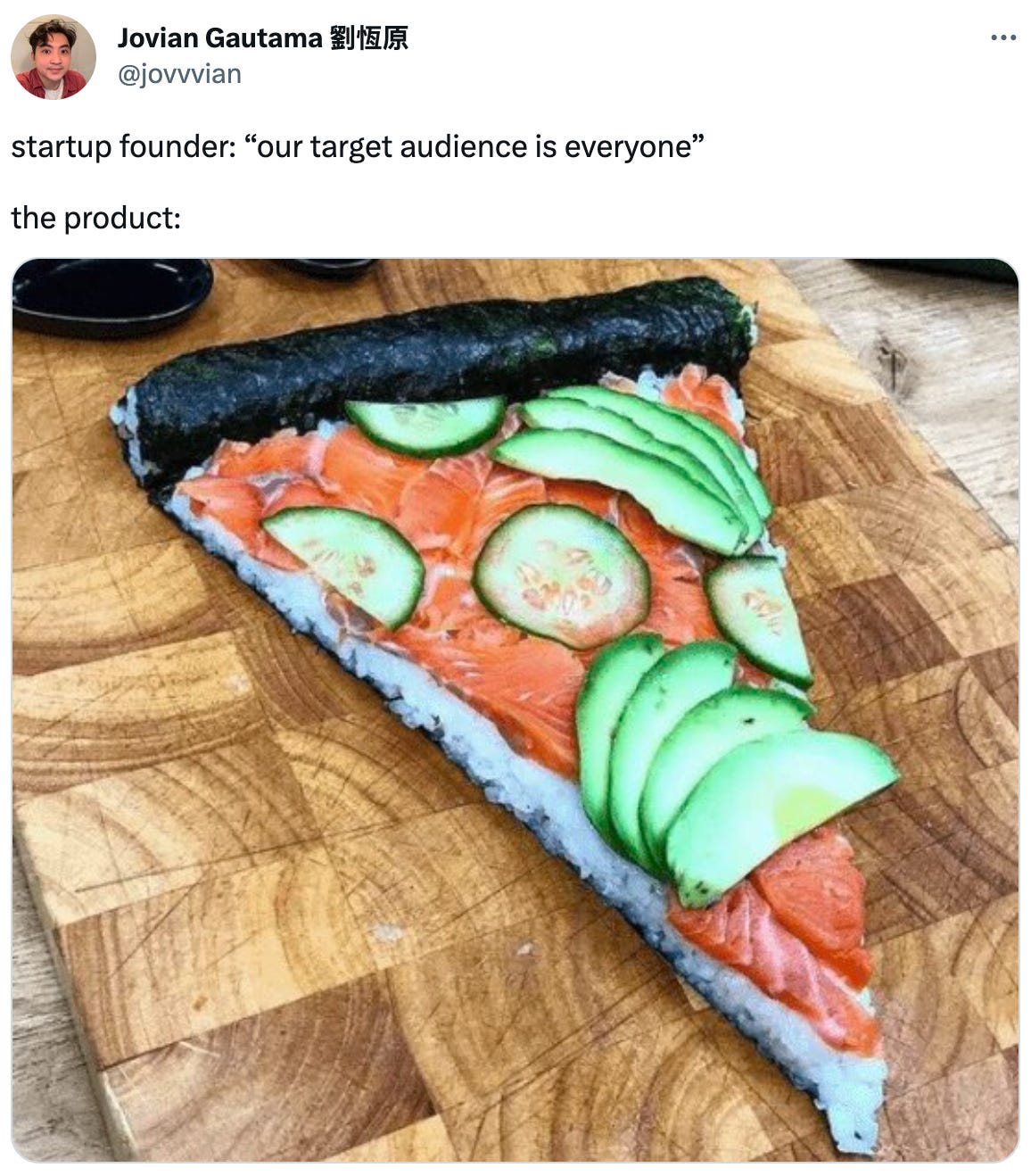The role of technology for happiness, hot takes on AI risk & interactive meta-analysis
CC#59 - Living in a Cave, the Economic Cost of Sleep Deprivation & Sushi Pizza Startups
Hey there and welcome to ✨ CuratedCuriosity - a bi-weekly newsletter delivering inspiration from all over the internet to the notoriously curious.
Things I Enjoyed Reading.
🤖 Existential risk, AI, and the inevitable turn in human history
I am a bit behind with my reading and this is more than a month old by now - however, if you haven’t read this article by Tyler Cowen on AGI yet, I would highly recommend it.
The reality is that no one at the beginning of the printing press had any real idea of the changes it would bring. No one at the beginning of the fossil fuel era had much of an idea of the changes it would bring. No one is good at predicting the longer-term or even medium-term outcomes of these radical technological changes (we can do the short term, albeit imperfectly). No one. Not you, not Eliezer, not Sam Altman, and not your next door neighbor. (…)
So when people predict a high degree of existential risk from AGI, I don’t actually think “arguing back” on their chosen terms is the correct response. Radical agnosticism is the correct response, where all specific scenarios are pretty unlikely. Nonetheless I am still for people doing constructive work on the problem of alignment, just as we do with all other technologies, to improve them. I have even funded some of this work through Emergent Ventures.
😊 The Happiness Hypothesis
Great essay on the purpose of technology and why progress is overall mostly good.
The purpose of technology is to increase the potential for happiness, but most people don’t feel like technology makes them much happier. In fact, in the short-term, technology can make many feel unhappy — the gains from new technologies are unevenly distributed at the beginning, and ever-increasing efficiency creates a meaning vacuum that needs to be filled.
Let’s flesh that out, starting with the fundamental question: what is technology for?
🔛 Letting ChatGPT make your decisions for you [🎧]
I know this edition has a lot of AI stuff, but I guess its just a topic I have been trying to follow more closely recently. This is an interview with the youtuber Dax Flame, who decided to let ChatGPT make (almost) all decisions for him for a year. Touches on a lot of interesting questions, including what it means to be creative in times of AI and the role of fame in today’s society.
What would happen if you chose to let ChatGPT control your life for a year? If products like ChatGPT help us (e.g.) to write something important, then should we give it credit as a co-author or merely act as though it's a high-powered Grammarly? How would you feel if you received a hand-written card from a romantic partner but later found out that everything they'd written had been authored by ChatGPT? How can we learn to get along with — and perhaps even form friendships with — people with whom we strongly disagree?
Dax Flame was one of the first YouTube stars. He acted in the movies 21 Jump Street and Project X, and has written three memoirs. After running out of money, he spent a few years working minimum wage jobs, but now at 31 he is attempting to become a full-time YouTuber again.
Food for Thought.
⚠️ Great thread that summarizes major AI risks in a very understandable manner.
📃 While I am very much in touch with the effective altruism community and share a lot of values, I think its even more important to stay critical - I think the below tweet did a great job explaining some of the shortcomings of EA. While it feels empowering to have a rationally ‘good’ goal to work towards and maximize efficiency, I agree that - in general and especially within EA - it needs more intellectual humility.
😴 The RAND Corporation estimated that the U.S. looses ~2.3% of its annual GDP due to people getting insufficient amounts of sleep - this includes costs for health care, loss of productivity, costs through increased numbers of traffic and industrial accidents. Found in a really nicely illustrated Reuters article on sleep.

Random Stuff.
🧗🏻♀️This climber spent 500 days alone in a cave without communicating with anyone. “She described her experience as "excellent, unbeatable," and said that time had flown by.” Impressive.
⌨️ Somebody made a full-body keyboard based on real-time body movement detection.
🍕 Don’t try to please everyone all the time ;)
Personal Update.
I got to attend EAGx Nordics and it was an overwhelming yet inspiring experience (I had 22 one-on-one meetings 🤯). Now full of new ideas and motivation…
Also, I built a prototype of a small tool for interactive meta-studies - currently trying to figure out if its worth to keep working on this little side project. If you have anyone in mind who could benefit from a tool like this, don’t hesitate to reach out - I’d love to talk to them. Also, text me if you have any feedback or other thoughts! :)

Screenshot of the interactive meta-studies tool (for a case study on the efficiency of masks to prevent COVID-19 infections) Going along I also wrote a blogpost on why I think such interactive meta-studies could improve decision making and should become standard in science.







